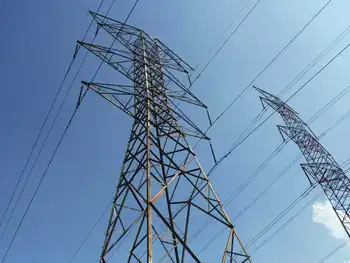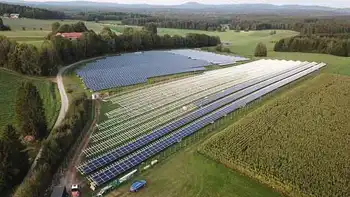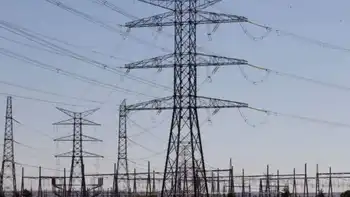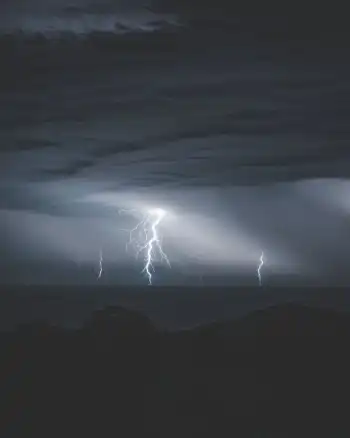Constellation, EDF agree on nuclear venture terms
Constellation said it had received approval from its board and that the Baltimore-based company is "now moving to close the transaction as quickly as possible."
EDF is seeking to acquire nearly half of Constellation's nuclear assets. Constellation has said the joint venture with EDF will enable it to build a third reactor at the Calvert Cliffs Nuclear Power Plant in Lusby in southern Maryland to meet future energy demands.
The Maryland Public Service Commission included several conditions to approving the deal in the venture's last regulatory hurdle. The U.S. Nuclear Regulatory Commission approved the deal last month.
As one of the conditions, the PSC set a one-time, $110.5 million credit for customers of Baltimore Gas and Electric, a subsidiary of Constellation that is regulated by the commission. The credit will amount to about a $100 break for each BGE customer.
Maryland regulators also are requiring Constellation to invest $250 million in the subsidiary between now and June 30. Another condition requires Constellation to implement measures to create distance with BGE for purposes of bankruptcy protection. That essentially means the measures should ensure neither company is completely dependent upon the other in case of failure. The idea is to financially separate a regulated utility from a non-regulated parent company.
BGE services about than 1.2 million businesses and residential electric customers in Baltimore and central Maryland.
Gov. Martin O'Malley, a Democrat, has been at odds with Constellation over rate increases and executive compensation. The governor initially wanted the credit for BGE customers to be twice as high as the amount set by the PSC. But he described the PSC's conditions as "fair and reasonable" after they were made public.
Related News

Ontario plunging into energy storage as electricity supply crunch looms
TORONTO - Ontario is staring down an electricity supply crunch and amid a rush to secure more power, it is plunging into the world of energy storage — a relatively unknown solution for the grid that experts say could also change energy use at home.
Beyond the sprawling nuclear plants and waterfalls that generate most of the province’s electricity sit the batteries, the underground caverns storing compressed air to generate electricity, and the spinning flywheels waiting to store energy at times of low demand and inject it back into the system when needed.
The province’s energy needs are quickly rising, with the…




